Any backcountry skier—whether experienced or amateur—has most certainly been told numerous times that taking a backcountry-specific course is advantageous in acquiring skills that could one day save a life. While obtaining one’s avalanche education certifications is invaluable, many companies offer a bevy of additional courses that can further bolster a backcountry skier’s repertoire. One such example is the Colorado Mountain School (CMS) located in Estes Park on the outskirts of Rocky Mountain National Park.
For skiers in Colorado’s Front Range—or others seeking education in the Rocky Mountain State—CMS provides the opportunity to learn about and experience the art of backcountry skiing with American Mountain Guides Association-Certified guides who live and work in the mountains every day.
“CMS offers courses and private guiding to the whole spectrum of backcountry skiers,” explains CMS Guide Jake Gaventa. “At the minimum, everyone will learn techniques to increase efficiency, which means more skiing. Additionally, our guides are well-trained and have bulging personal ski resumes—we make good coaches for those looking to increase the quality of their skiing and ski experience.”

For the novice backcountry skier looking to test their mettle in zones like, say, Berthoud Pass and Loveland Pass in Colorado, CMS offers a three-day American Institute for Avalanche Research and Education (AIARE) level one course.
Here, students learn the basics of traveling in avalanche terrain, the characteristics of avalanches, group decision-making skills, rescue techniques, snowpack and terrain evaluation and more. The three-day course can be taken in Estes Park at CMS or at the Broome Hut on Berthoud Pass, near Winter Park. For those on the fence about taking their skiing to the backcountry, CMS offers a complimentary, one-hour avalanche awareness clinic that introduces students to the topic of avalanches.
If a skier has already completed an avalanche course but just wants to brush up on their skills, CMS provides a one-day AIARE level one “refresh” course in Rocky Mountain National Park. The next step is to take CMS’ four-day AIARE level two course, to form a more advanced understanding of the snowpack, avalanches and backcountry travel. These courses, however, are just the tip of the iceberg.
If someone is looking to move on from skiing trees and bowls on popular zones and looking towards hitting steep lines on big peaks (Dragontail Couloir in Rocky Mountain National Park, for example), CMS offers an intro to ski mountaineering course where students learn about tour planning, kick-turn techniques, how to use crampons and ice axes and how to ascend steeper terrain.
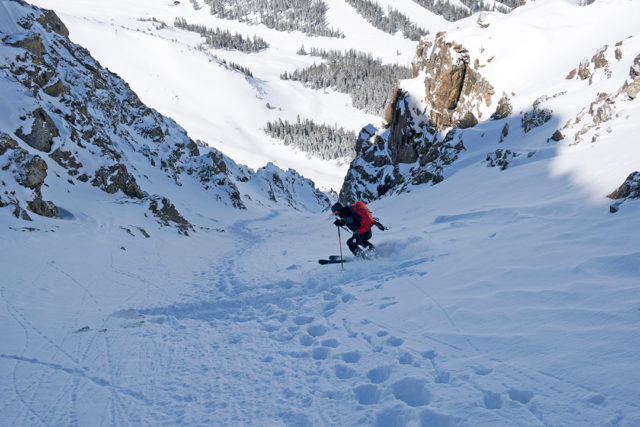
From there, if a skier has a grip on ski mountaineering skills and begins looking toward the bigger, glaciated mountains of North America—like Mt. Rainier or even Denali—they can participate in CMS’ crevasse rescue course, something FREESKIER had the opportunity to do this spring.
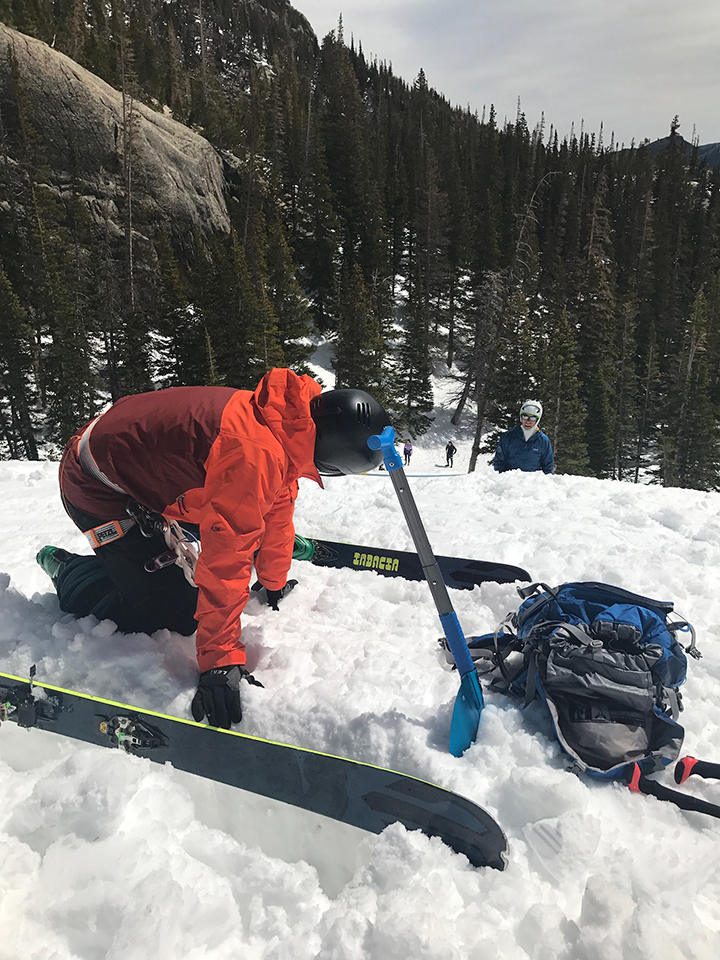
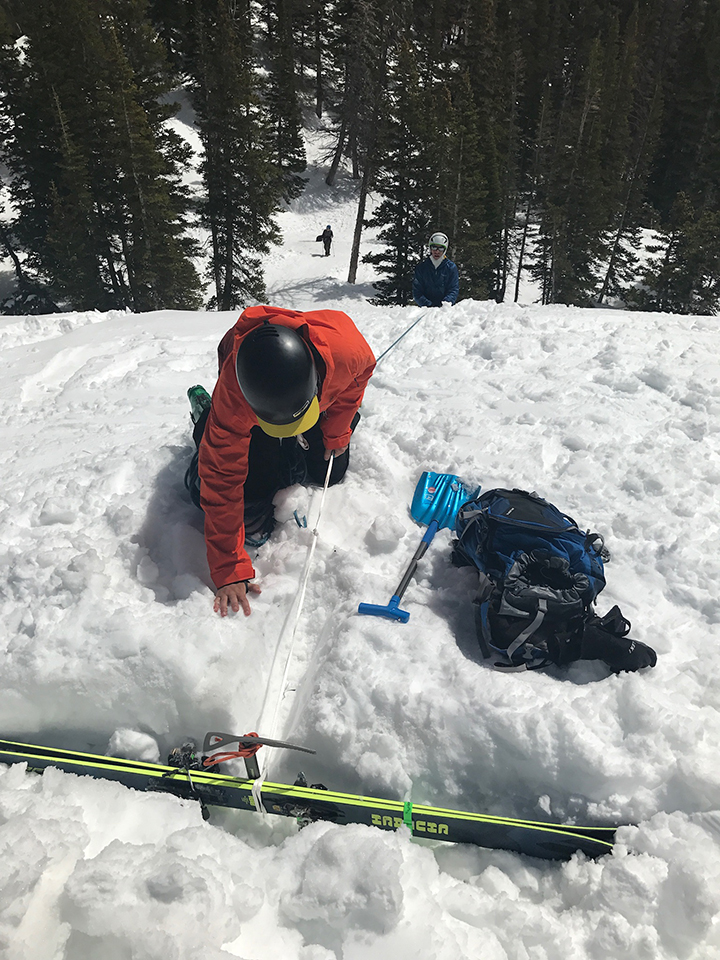
“As backcountry skiers’ ambitions develop into bigger mountains, travel through glaciated terrain becomes a real hazard,” Gaventa explains. “Glacier travel is a complex blend of hazard identification and management. If a crevasse fall does occur, team members need to be confident and quick to the rescue. These systems require solid and specific technical rope work. A course really helps expedite all of these skills.”
During this one-day course, prospective glacier travelers will learn how to assess glaciated terrain and how to travel safely through it. From there, much of the time will be focused on the ins and outs of basic rope systems and traveling as a roped team as well as the basics of constructing and using crevasse-rescue anchors and hauling systems.
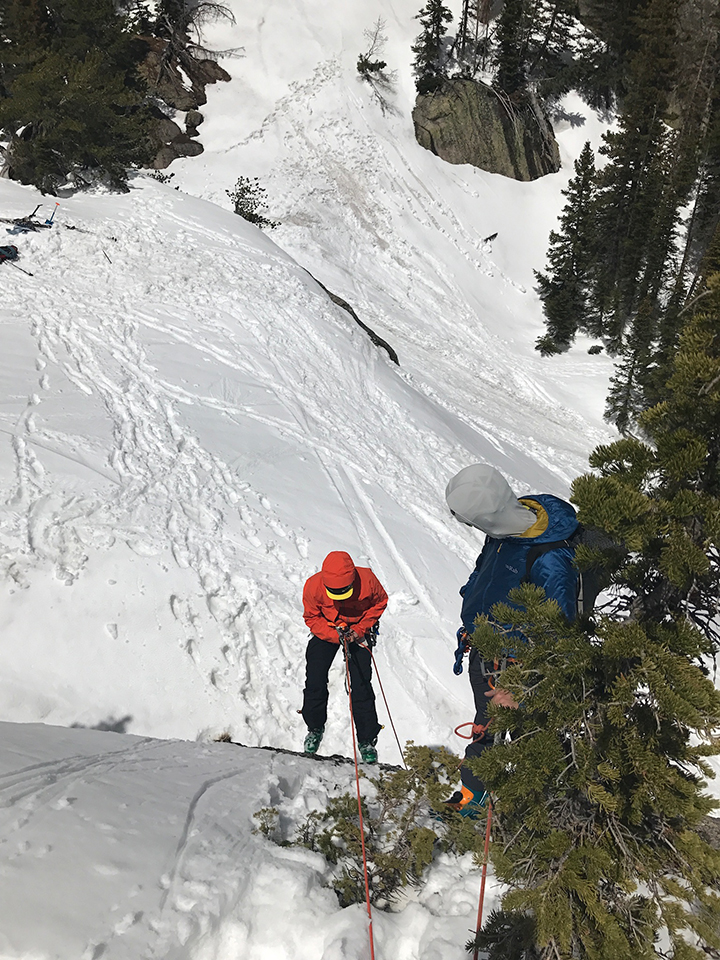
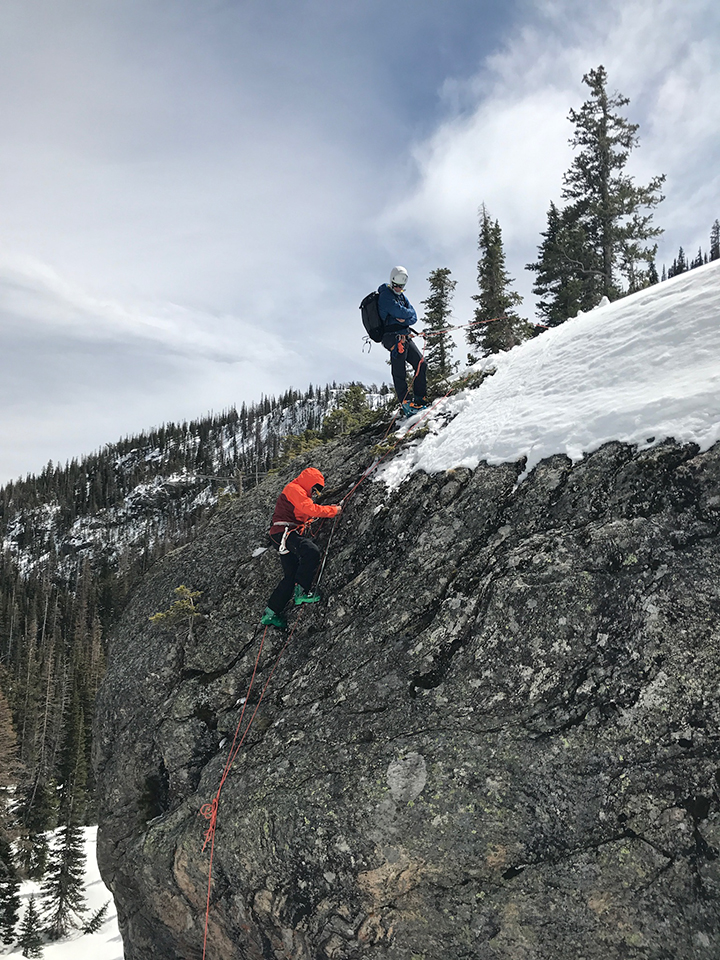
Whether looking to develop a foundation of backcountry skiing skills and education, or looking to progress further in the knowledge of travel through different types of mountainous terrain, formal education is a skier’s greatest asset. Prospective backcountry skiers, regardless of location, can benefit greatly from taking classes with certified guides.
“I believe money spent towards education is a solid investment. Air bag packs wear out, ropes need retiring and helmets go out of style,” Gaventa says. “Your education and training stays with you for a lifetime. Ultimately it is your skills and judgment that form the pillar of risk management.”

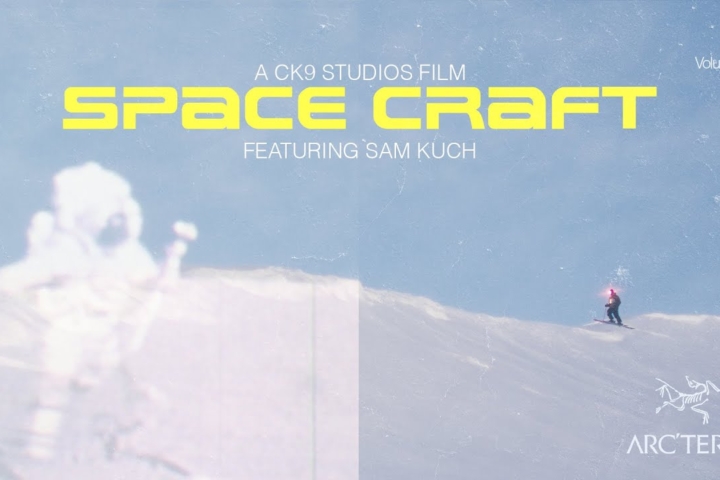
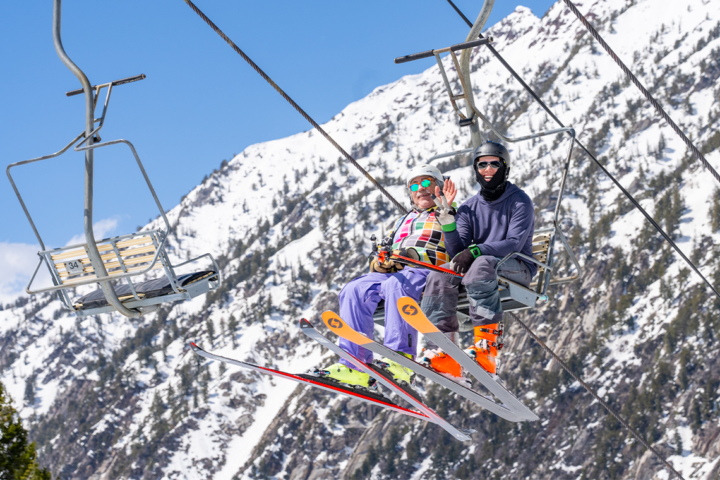
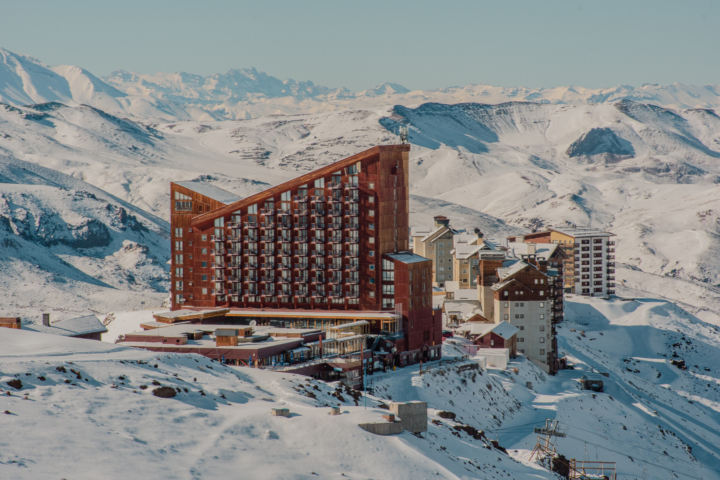
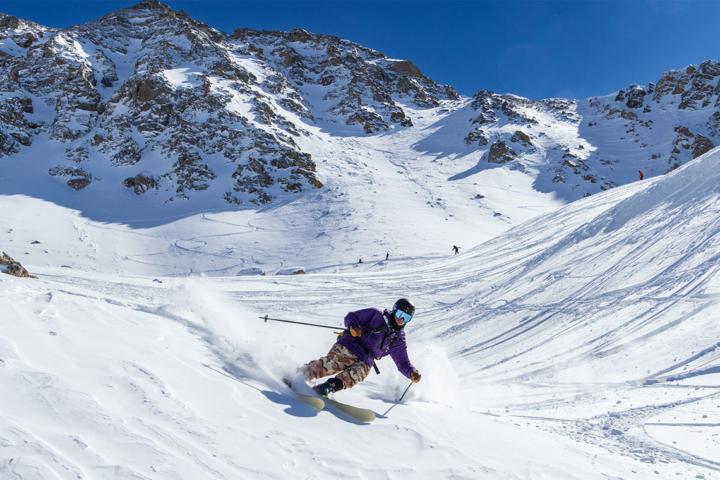
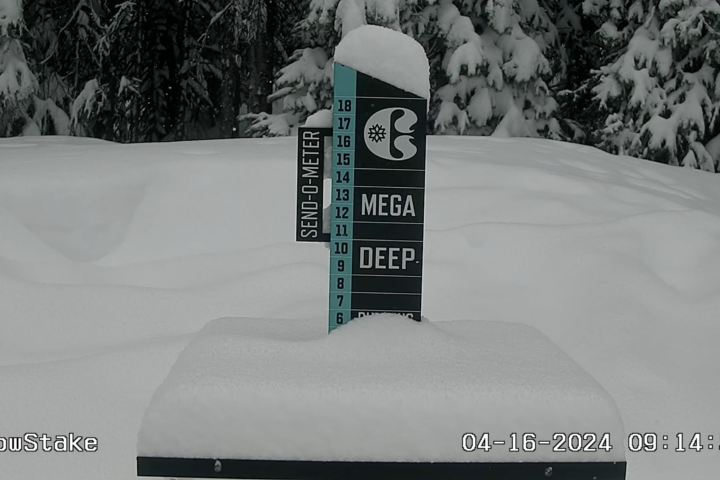
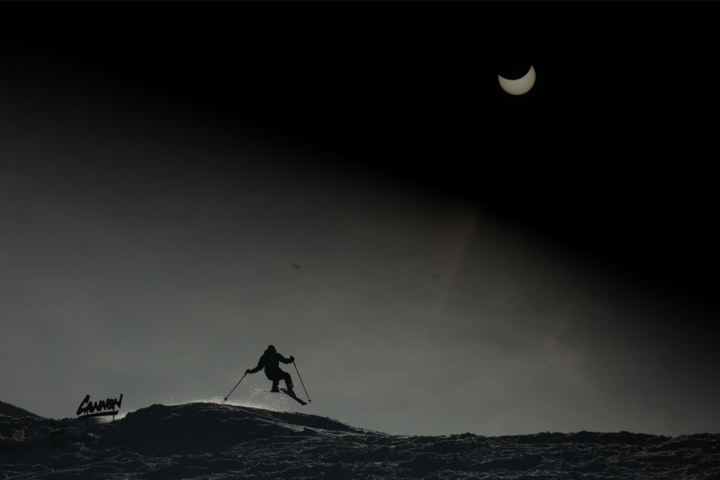
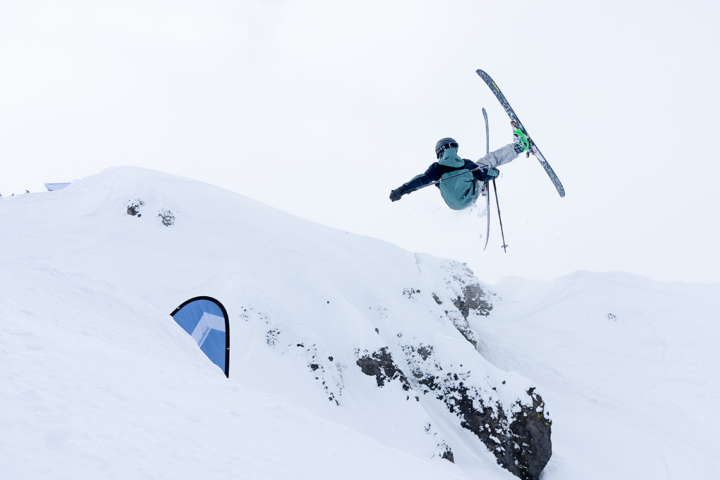
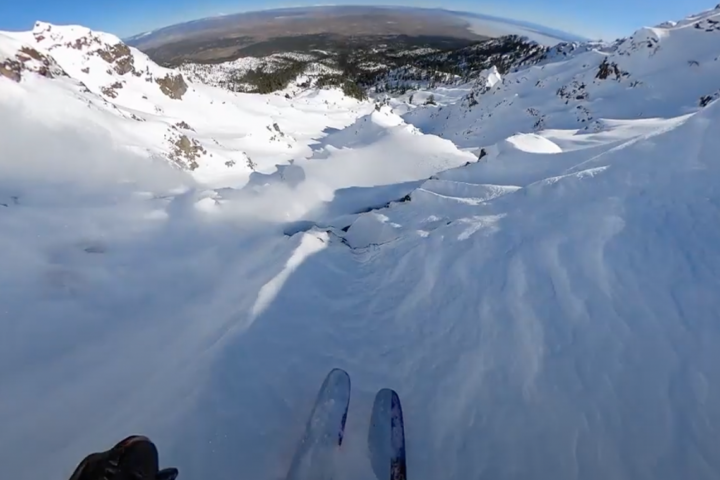
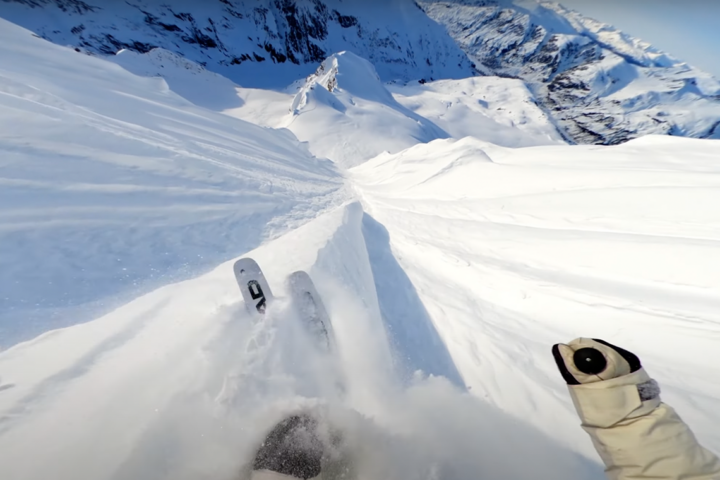
One thought on “For skiers looking to enhance their backcountry knowledge, Colorado Mountain School has a course for you”
Comments are closed.